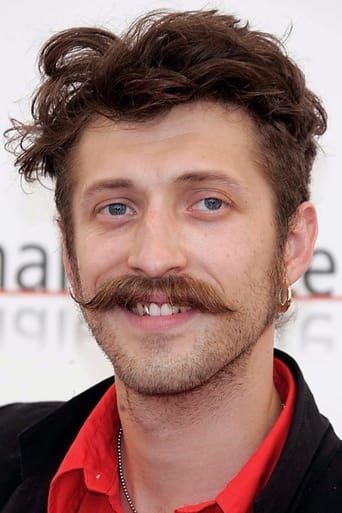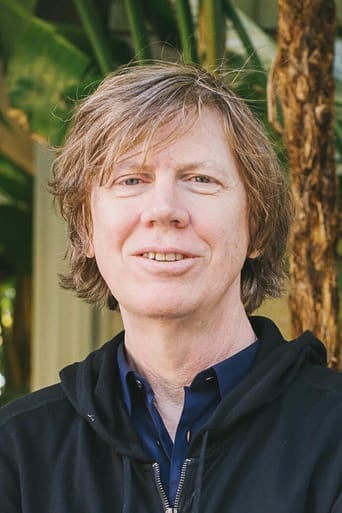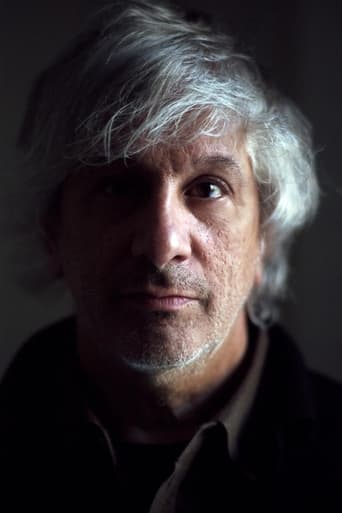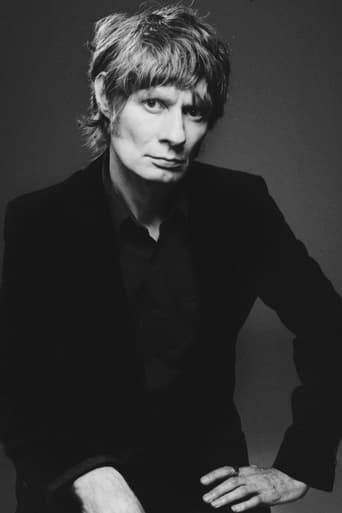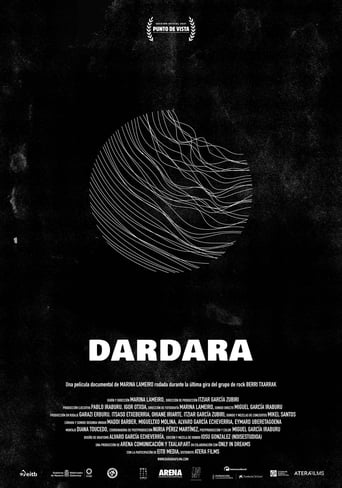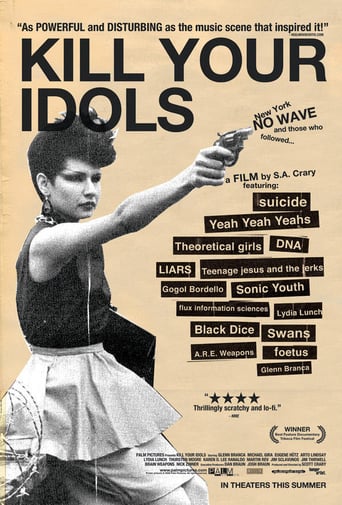
A 2004 documentary on thirty years of alternative rock 'n roll in NYC.Documenting the history from the genuine authenticity of No Wave to the current generation of would be icons and true innovators seeing to represent New York City in the 21st century
Similar titles

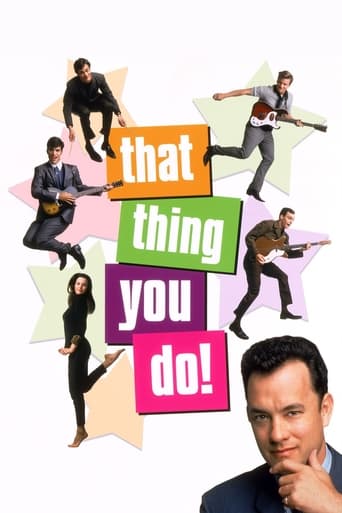
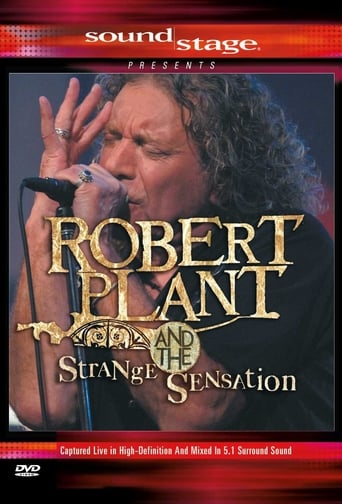
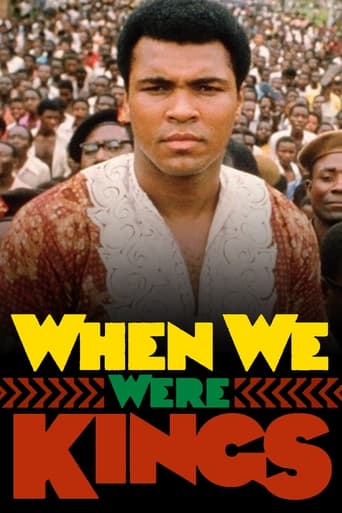
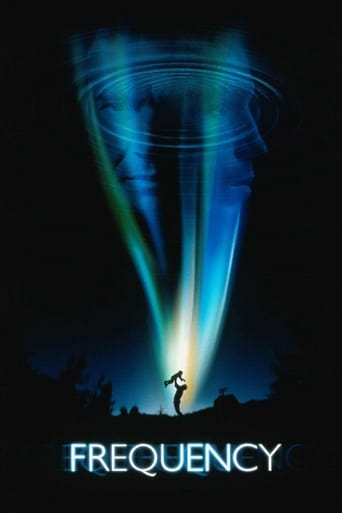
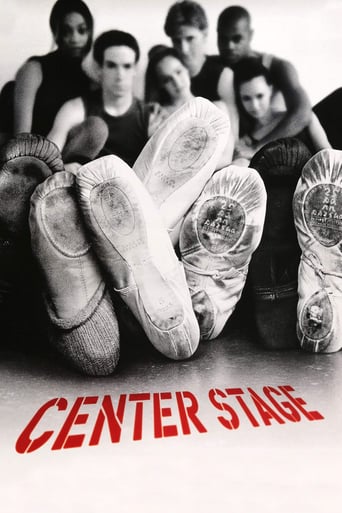
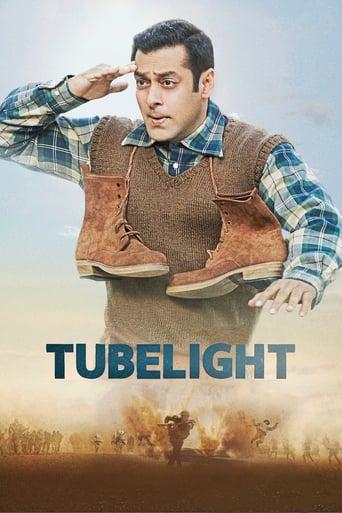
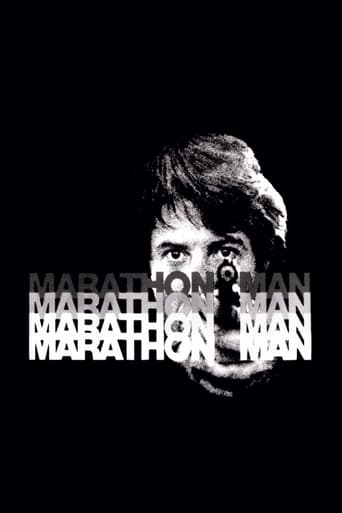
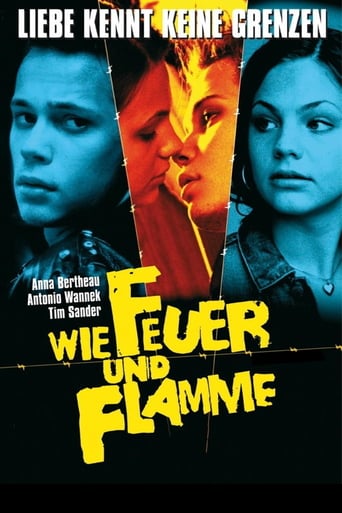
Reviews
You won't be disappointed!
Save your money for something good and enjoyable
A great movie, one of the best of this year. There was a bit of confusion at one point in the plot, but nothing serious.
The film never slows down or bores, plunging from one harrowing sequence to the next.
If documentaries such as 'Punk Rock Movie','The Decline Of Western Civilization','D.O.A:A Rite Of Passage',etc told the unvarnished truth of late 1970's/early 1980's Punk Rock,and carried over to later day rock docs such as 'Hardcore Underground U.S.A.' & '1991:The Year That Punk Broke', Scott Crary's 'Kill Your Idols' goes beyond & tells the tale of the late 70's,early 80's "No Wave" post punk noise scene in New York City. When Punk threatened to become homogenized into "New Wave" by the early 80's,a scene rose,Phoenix like,from the near wreckage of Punk to become "No Wave". It was the musical answer to a form of neo Dadism,where bands such as DNA,Sonic Youth,The Swans,Scraping Foetus Off The Wheel,to mention but a few,scraped & scratched a Freddy Kreuger like glove across the Cerebral Cortex of audiences at venues such as CBGB's,Max's Kansas City,etc.,pretty much until the end of the 80's/early 90's,when the scene seemed to implode upon itself (although some of the participants,as most of them preferred to not think of themselves as musicians, still played around at one point or another). Kill Your Idols tells it's sordid story in two parts. The first half of the film tells it's tale from the original mainstays of the No Wave scene (we get first hand testimony from the likes of Lydia Lunch,Thurston Moore,Lee Ranaldo,Michael Gira,J.G. Thirlwell,Arto Lindsay,and others),while the second half is a commentary of the next wave of N.Y.C. noise bands that are currently packing the clubs (the Yeah,Yeah,Yeahs,as well as others). What do the original denizens of the noise scene have to say about all of this? Find out for yourself. Scott Crary,besides directing this outstanding,albeit scathing rock doc, also photographs & edits. Well worth seeking out if you're a fan of early,as well as later day Punk Rock,Experimental,Avant Garde,Noise,New Music,etc. Not rated by the MPAA,but contains pervasive strong language & a bit of quasi-pornographic footage from some of the New York underground films of Richard Kern,Nick Zedd,etc. that is not for innocent eyes.
'Kill Your Idols' was awesome. There's your summary right there. The No Wave art movement and the bands that it spawned have become very integrated in my musical tastes and my way of thinking, and to be able to see some of the people (a lot of them actually) who were involved and hear about their journey was, for me, a very personal and fulfilling experience. So, I'm going to try and be as objective as possible. It's not going to be easy though...First off, I was born in '82, when the Swans and Sonic Youth were starting out, so I really don't have a sense of 'nostalgia' as such, since I am experiencing the might of that movement completely second (and maybe even third) hand. Also, I have lived my entire life about as far away from New York as possible, by design rather than by intention (though I can't say I am sad about it): my connection to the movement and the ideas were formed simply by following the history and influences of the bands I knew about, slowly revealing more and more of what the 'scene' was exactly and what had come from it. That said, again, the power of the music and the statements it made has affected me profoundly, so I believe (perhaps wrongly) that I am justified in having an opinion on it and being able to judge 'Kill Your Idols' for what it truly is, that being not a simple music documentary where the point is to say 'oh yeah, I remember when...' and play some concert footage. The point is to look at No Wave as an art movement, how it developed, and how it influences music today. In that, I believe it succeeds near flawlessly.The editing and style of the film is, in itself, very much in tune with the No Wave attitude. The frequent and quick cuts during interviews give it a very jerky feeling quite reminiscent of the music itself. Essentially it is presented in four parts: the actual No Wave movement (Teenage Jesus and the Jerks, Contortions, Suicide, DNA, etc.), the early 80s bands inspired by the movement (Swans, Sonic Youth and Foetus), the newer crop of bands (Black Dice, Liars, etc.) and the final part is an analysis, essentially, of how the new bands missed the point. Many people think that to be unnecessary, but I happen to agree with a vast majority of the statements made by the older generation as well as those made by Sergey Rjabtzev of Gogol Bordello, one of the only people of the newer crop who seemed to really grasp the ideas behind No Wave. Not only are they spot on (Lydia Lunch in particular), but it says a lot about modern music in general: how being different sells and how that is taken advantage of, whereas when No Wave was around, it was about not being liked, it was about spitting bile and wanting to mess with minds. I do like, personally, some of the newer bands, but I would not go so far as to say that they really grasped the concepts engendered by the movement and in fact half of them seemed really fake and cheesy (not to mention lame interviewees). Referring to something as harsh and warped as No Wave music as 'pure and innocent' for example...oh yeah, objectivity...ahem...Well, without telling too much, I think this should be required viewing for anyone who likes Swans, Sonic Youth or bands of their ilk to find out where they came from and learn about a very interesting and influential, if short-lived, period in American music, or for anyone interested in music-as-art in general. It's well made, poignant, often hilarious, and it manages to be much more than a simple trip down Nostalgia Avenue. It also conveys the principles behind the creation of the movement and the brotherhood (and sisterhood) that formed around it very admirably. Punk is dead, but I for one cannot thank Mr. Crary enough for providing a window and allowing us to look back at a time when it was very much alive.
Reading some of these reviews, a lot of people seem to miss the point that no-wave was an idea, not a 'scene' or a genre. It was about negating the past, not heralding it. I've read a few comments damning the film for not staying anchored in the past which is perhaps to miss the entire point of what no-wave is and stands for. Likewise, to claim the doc's point is to prove that it was "so much better in the past" is also silly and proof that the film wasn't viewed closely enough. On the contrary, this small film seems to suggest something much more complex and does so without any didacticism. It states, through subtle contradictions and especially with its genius closing montage (dont want to spoil it by explaining it), a very important point about the post-modern wall: that it's impossible to criticize an entire generation for being too nostalgic (as the older bands in the film do) without being nostalgic yourself and admitting that, yes, it was so much better back then. This impedes creativity as does the general culture of nostalgia currently. It leaves us and the culture stranded. The film really uses no-wave and its ideals as a way to prove the dangers of nostalgia, even if the nostalgia is for no-wave itself. As for the comments above, about the newer bands not being directly related or being interconnected...WHAT??? That's completely false. Anyone in NY during that year the film presents them (2002) knows those bands were all playing together constantly. They all played the same clubs, hung out at the same bars and frequented the same magazine spreads. And I think the film is less trying to group them together than it is obviously trying comment on how the media was attempting to do so (remember those 'brooklyn scene' family trees in Rolling Stone, NME, NY mag, etc.?). I could be wrong, but the film seems to MOCK the whole idea of grouping so many individuals together as representative of one thing or of being of one voice. I think it's commenting, and not so quietly, on the manipulations of media and the music industry to do so. Mass production = mass consumption, after all. It attacks the idea of "scene" and the industry's invention of them. I think that's the not-so-subtle point of the jump-cut edits as well. That's a standard cutting practice in any documentary (to clean up the um's and ah's that retard speech)--usually it's just masked in b-roll and stills, etc. In the case of KILL YOUR IDOLS, the manipulations are just exposed. By exposing the lie, it's more honest in a way. Anyway, I wouldn't say the cuts really pervert what the people say. It's clear the editor/director is cutting out silences or blatantly juxtaposing comments to make two points into a third point (which is the art of film--creating new meanings by juxtaposing one image/sound next to another). The editing is one of the most clever aspects to me. I'd even say it mimics the herky-jerky rhythms of no- wave, as well, but that might be a stretch*. It's definitely of an unorthodox style. Some will get it; some won't. If you want "Behind-The-Music" and spoon-fed, pre-scripted sound-bites, you won't. If you like video art, you will. I saw another comment that the new bands aren't directly related to No-Wave which is also wrong. The film maybe falters in not making the connections explicit and you may need to do your homework to find how they are...but they are actually quite connected. YYY's have often referenced no-wave in interviews (whether or not they actually succeed in their interpretation is another matter and, i think, the point of the film-- not that they are direct heirs). Liars are of an obvious ilk, particularly as their career went on. ARE Weapons are proudly waving the Suicide flag. Gogol Bordello may seem like a wild card, but as a fan, I can tell you that their first albums were produced by none other than Teenage Jesus & The Jerks' Jim Sclavunous (who's in the movie). Also, Eugene Hutz said himself the very reason he moved to NY was to audition to be in one of James Chance's later bands. Flux was produced and heralded by Mike Gira from Swans. And Black Dice have an obvious disinterest in past connections, like the no-wave bands. Anyway, they all had some connection to Sonic Youth, the original children of no-wave, which IS explicitly stated by all in the film. They were all being grouped under the no-wave umbrella by the press a few years ago (correctly or incorrectly is no matter). And, besides, a truly new no-wave band wouldn't sound anything like an imitation of no-wave, would it? It would only try to disavow itself from influence--even that of the no-wave bands, themselves. The new bands do have in common that intent to do something "new". I think the film is trying to expose whether they succeed and how they might be able to do so or what might prevent that ability. And the target doesn't seem to be the artists. It seems to be a culture and industry that commodifies the past.Brilliant documentary. Watch it more than once. You'll need to.*(I just read on Pitchfork that the film supposedly made for $300?? If so, that might explain it's rough and tumble feel. And considering that, the film seems impossibly epic and polished). **(Seeing the accumulation of other posts now, it seems a lot of people confused by the film aren't from New York or hadn't heard of No Wave before. I doubt either are pre-requisites, but I thought it fair to point that I am from NYC and had heard of No Wave and most of the bands before. I'd imagine the deeper issues communicate across place or knowledge of the scenes though).
A short documentary about the New York, 'No Wave' music scene. Bridging past and present, this movie starts out well, and the interviews with some of the older artists were great. Truthful, unpretentious, no holds barred. What was 'No Wave?' A musical movement that grew out of Punk Rock. Was it Punk Rock? Well, sort of, but not really. It was/is a more artistic expression, more of an experimental ethic. Unconventional to be sure, but the association by sound (with Punk) isn't as strong as the ethic (revolutionary). This documentary was obviously trying to show the continuation of this ethic, from past to present. I think it would have been better served as a focus on the roots of this movement, as the connection to the current music scene (up to 2004), paints the current group as more concerned with commercial aspects of their success, than they are with an honest expression of their own music. I like the way they let the artists tell the story, but some of the footage was a bit rough (poor quality), and then there was the totally unnecessary scene depicting oral sex?! What the? Why was that in there? In the end, it was a part of my past that really enjoyed this movie.
Top Streaming Movies













